
The Future of Transportation and Logistics: Innovations that will Revolutionize the Industry
Introduction
Welcome to our blog! At our Transportation and Logistics Company, we are constantly striving to stay ahead of the curve and provide our clients with innovative solutions. In this blog post, we will take a look at some of the exciting technologies and trends that are set to revolutionize the transportation and logistics industry in the near future.
1. Autonomous Vehicles
One of the most significant advancements in the transportation industry is the development of autonomous vehicles. From self-driving trucks to delivery drones, these vehicles have the potential to greatly improve efficiency and reduce costs. With the ability to operate non-stop and without the need for breaks, autonomous vehicles can optimize routes and reach their destinations faster, ensuring timely deliveries for our clients.
Furthermore, these vehicles are also expected to enhance safety on the roads. With advanced sensors and real-time data analysis, they can detect and respond to potential hazards more efficiently than human drivers, reducing the risk of accidents and improving overall road safety.
2. Blockchain Technology
Blockchain technology is another game-changer for the transportation and logistics industry. By creating a secure and transparent network, blockchain can help streamline supply chain processes and enable real-time tracking of shipments. This technology eliminates the need for intermediaries, reduces paperwork, and minimizes the risk of fraud.
With the implementation of blockchain, our clients will have full visibility into their shipments, from the point of origin to the final destination. They can track the status of their goods, monitor temperature conditions, and ensure compliance with regulations, all in real-time. This level of transparency will not only improve efficiency but also build trust between us and our clients.
3. Internet of Things (IoT)
The Internet of Things (IoT) is revolutionizing the logistics industry by connecting devices and enabling them to communicate with each other. This connectivity allows for real-time monitoring of shipments, predictive maintenance of vehicles, and optimization of warehouse operations.
With IoT devices embedded in our vehicles, we can gather data on fuel consumption, vehicle performance, and maintenance needs. This data can be analyzed to identify areas of improvement and optimize our operations. Additionally, IoT sensors in warehouses can monitor inventory levels, track the movement of goods, and automate stock replenishment.
Conclusion
The transportation and logistics industry is on the brink of a technological revolution. With innovations such as autonomous vehicles, blockchain technology, and the Internet of Things, we can provide our clients with more efficient, secure, and transparent services. Embracing these advancements will not only drive our business forward but also transform the way goods are transported and managed worldwide. Stay tuned for more exciting updates as we continue to lead the way in the future of transportation and logistics!
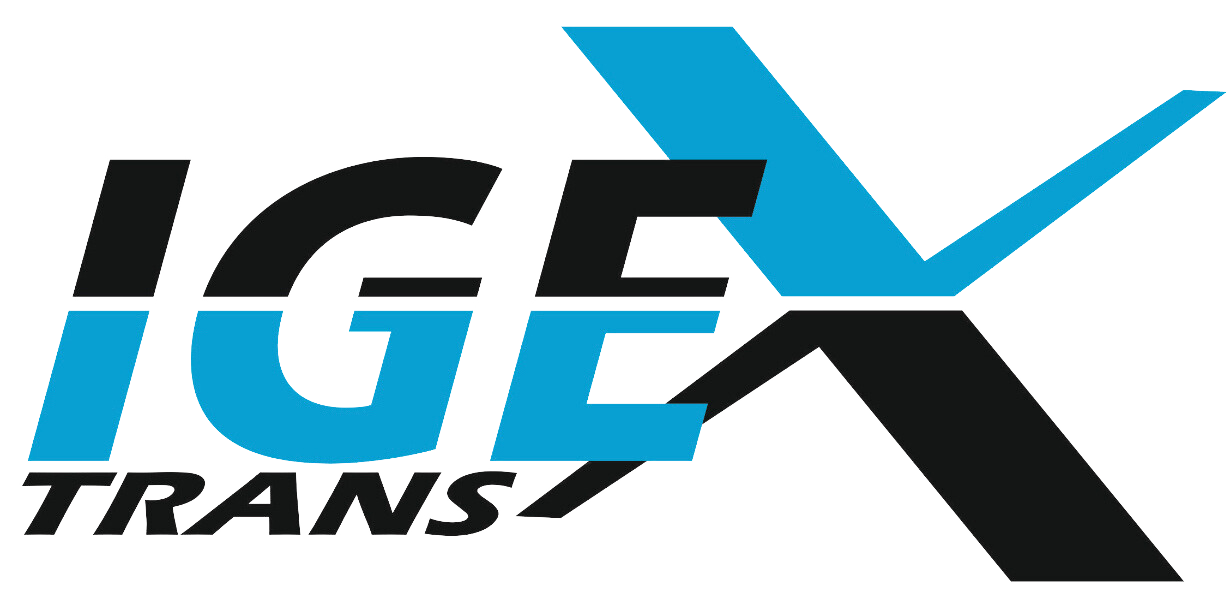
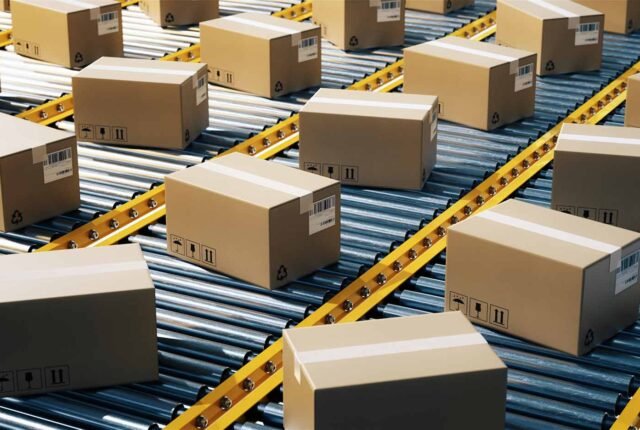
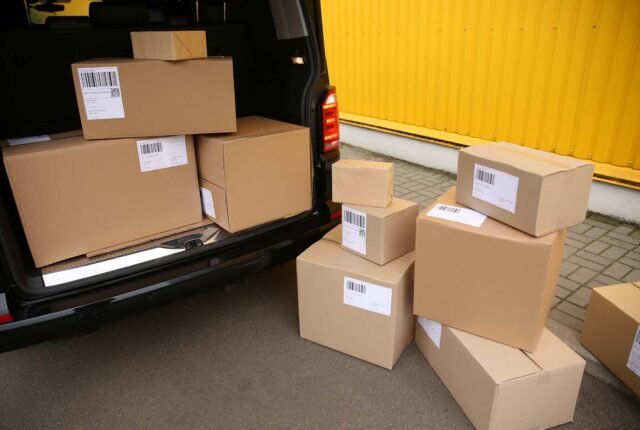
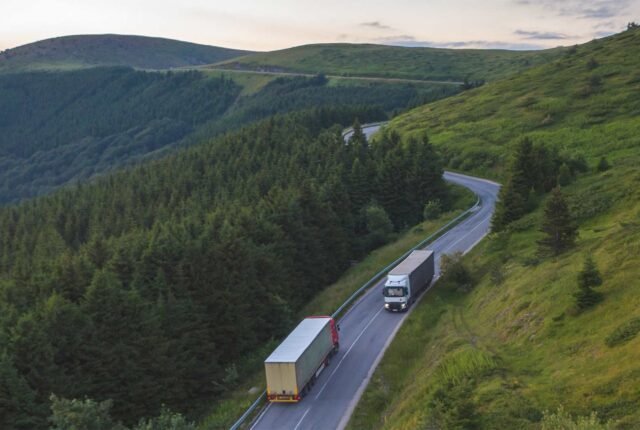
Leave a Reply